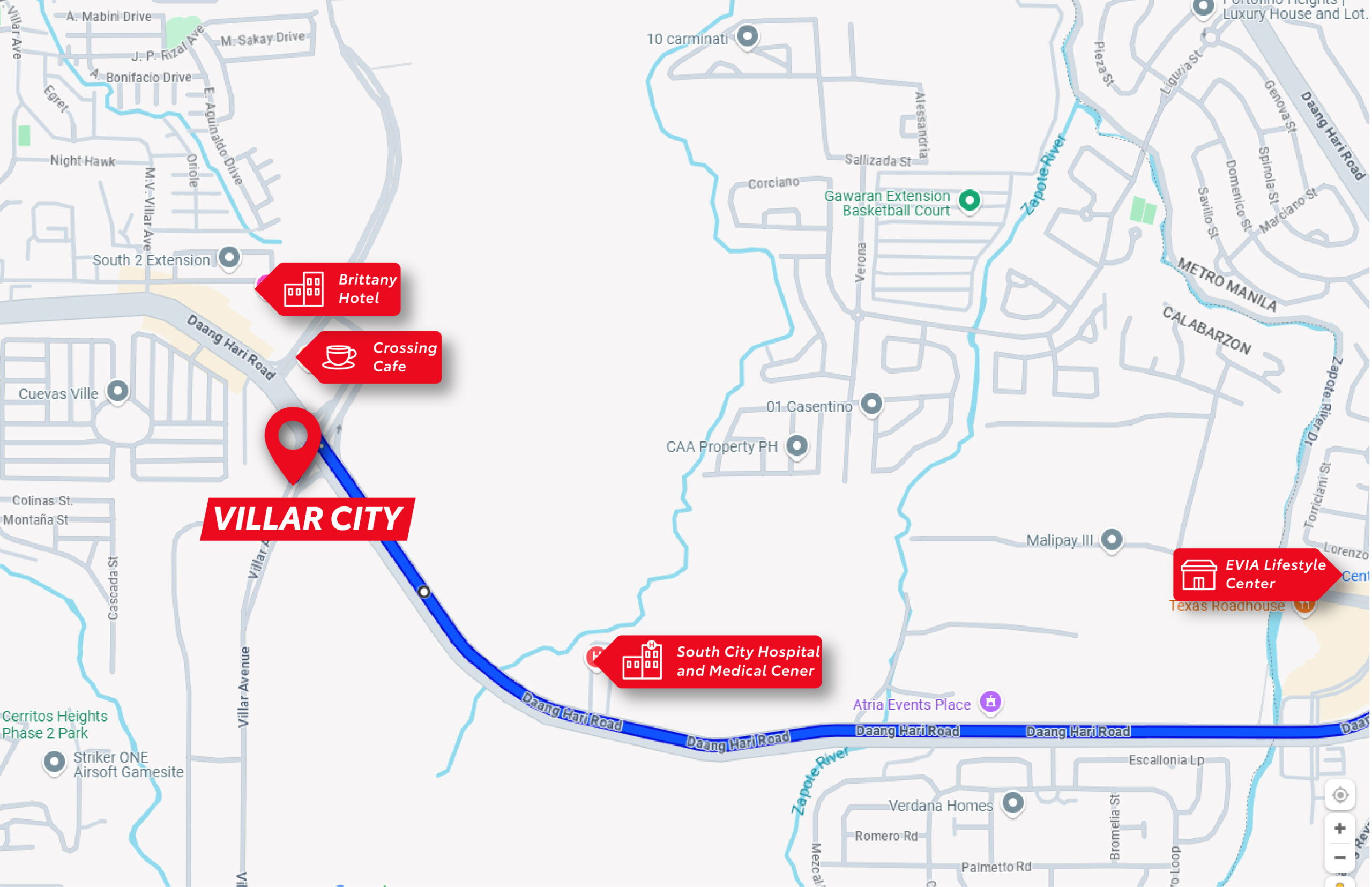The UK government is considering selling the Sevington border control post in Kent, a facility built for post-Brexit customs checks, following this week’s UK-EU trade pact that could render dozens of similar sites redundant.
Constructed in 2021 at a cost of tens of millions, the Sevington site near Ashford was designed to process up to 1,300 lorries per day, primarily for sanitary and phytosanitary (SPS) checks on products like meat, dairy, and plant-based goods. However, the new trade agreement between the UK and the EU is expected to eliminate the need for routine health and veterinary certification on a wide range of goods, from fresh produce and timber to wool and leather.
The Department for Environment, Food & Rural Affairs (Defra) is now understood to be in discussions with private sector players to offload the site. According to reports in the Financial Times, the government has approached Eurotunnel as a potential buyer. The Port of Dover, which has held longstanding interest in the facility, is also said to be in the running.
“Clearly there is a lot of detail to work through on how that’s to be implemented and we’re keen to continue our discussions with government for what this means for the BCP at Sevington,” said Doug Bannister, Chief Executive of the Port of Dover.
Sevington is just one of over 100 border control posts (BCPs) built or upgraded in the wake of Brexit, many of them with government funding or built to government specifications to prepare for the expected volume of import checks. But with the UK-EU deal promising to streamline or remove many SPS checks, up to 41 of these facilities may now be surplus to requirements.
Support authors and subscribe to content
This is premium stuff. Subscribe to read the entire article.








